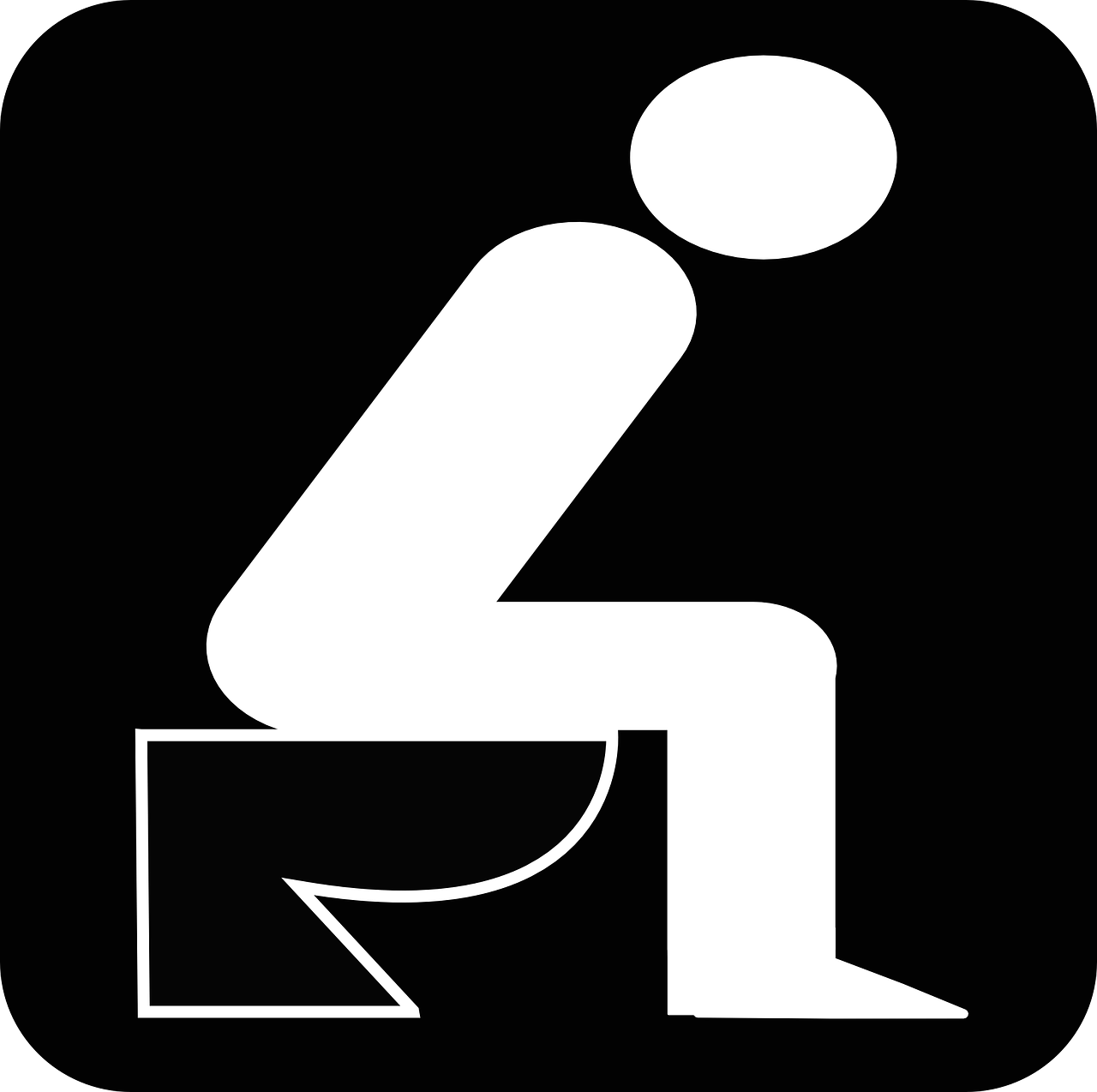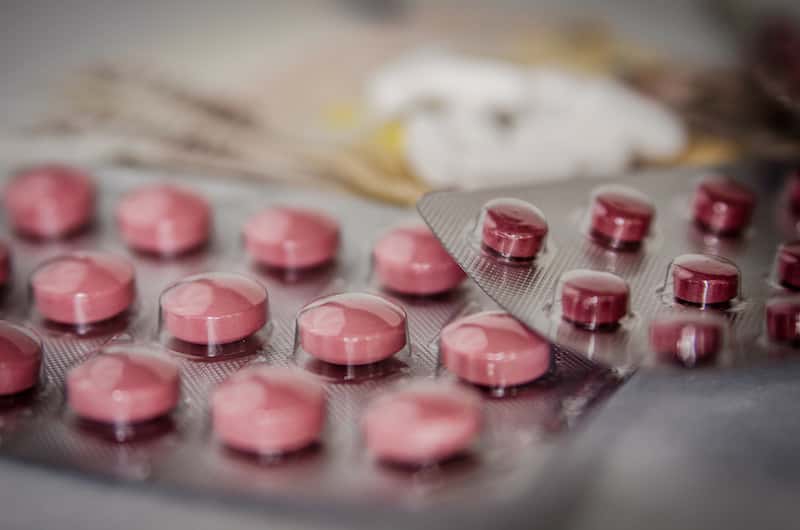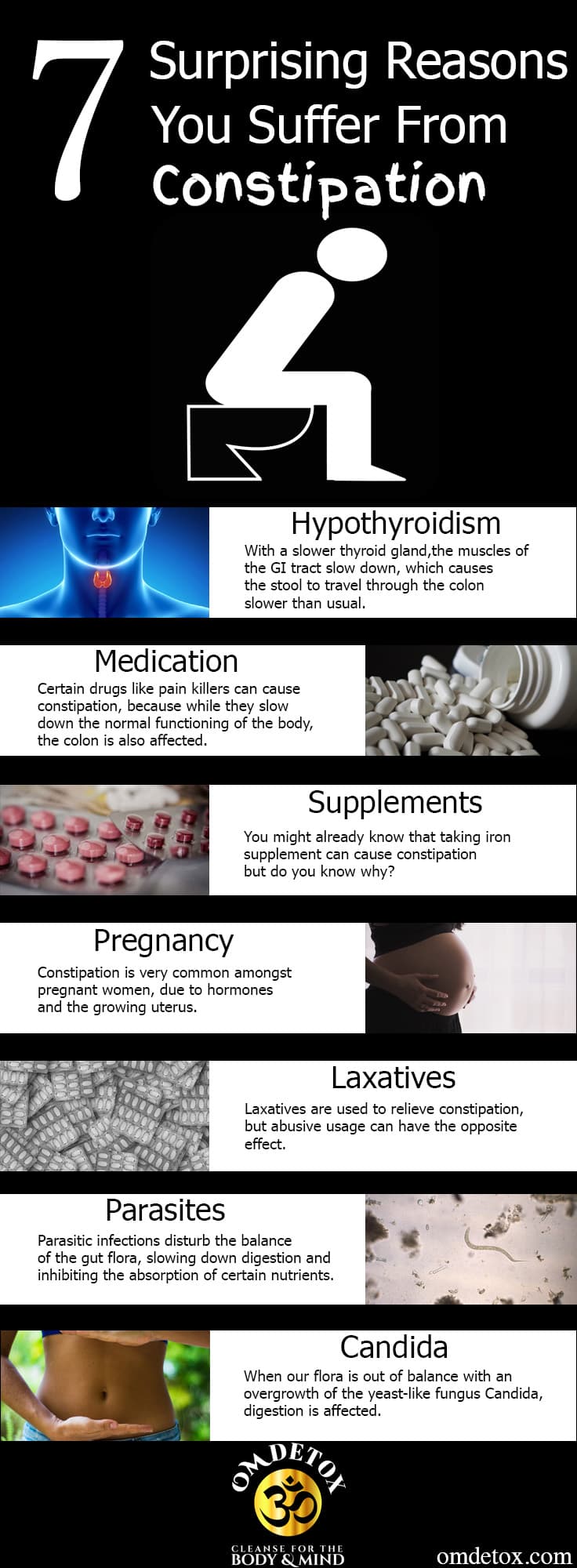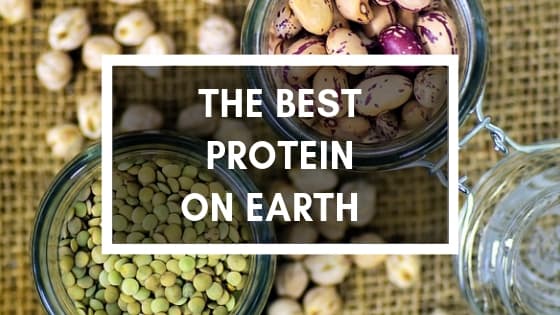
Constipation is a touchy subject for many of us. Talking about how often we visit the bathroom isn’t everyone’s favorite topic. Unfortunately, many of us are chronically constipated. Many people have no bowel movement in a week, a whole week. Normally, we should have at least 1 to 3 bowel movements per day. Anything less than that, you’re suffering from constipation. This condition is usually caused by a poor lifestyle, a diet that is low in fibre, a lack of exercise, or dehydration. Occasionally, suffering from constipation can result from other situations, like certain medications and health conditions. Here is a list of the 7 most surprising causes of constipation.
1. Hypothyroidism
The metabolism is greatly affected when someone is suffering from hypothyroidism, a condition where the body is lacking sufficient thyroid hormone. With a slower thyroid gland, the muscles of the GI tract slow down, which causes the stool to travel through the colon slower than usual. Additionally, when wastes hang out in the colon, it drains water and it makes it even harder to pass a stool. A clogged colon becomes a breeding ground for bacteria and can affect the balance of the microbiome.
2. Medication
Certain drugs like painkillers can cause constipation, because while they slow down the normal functioning of the body, the colon is also affected. Anti-acids that contain aluminum or calcium, antidepressants, anticonvulsants, antispasmodics, tranquilizers, anti-Parkinson’s and calcium channel blockers can also contribute to constipation. Make sure to consume a diet that is rich in fibre if you need to take these medications.
3. Supplements
You might already know that taking iron supplement can cause constipation… but do you know why? Iron is a micronutrient that feeds the bad bacteria in our gut. Normally, our intestinal flora is balanced if the diet is right. However, iron supplements provide large doses of iron, feeding harmful bacteria and allowing them to multiply, causing an imbalance in our gut flora. The usual symptoms of such an imbalance include constipation.
4. Pregnancy
During pregnancy, abnormal amounts of progesterone hormones are found in the body. Progesterone is known to have a relaxing effect on the colon, slowing down the peristaltic movement. Constipation is very common amongst pregnant women. The growing uterus is also responsible for this condition. The more it grows, the more it squishes the colon and provokes slower elimination.
5. Laxatives
Laxatives are used to relieve constipation, but abusive usage can have the opposite effect. Laxatives like Ex-Lax, Dulcolax and senna stimulate the colon nerves and, over time, the muscles get weaker and start depending on these medicines. It is best to let the colon function naturally and choose a natural laxative like psyllium husk. This bulk-forming fibre can stimulate the colon without affecting the body’s natural actions.
6. Parasites
Intestinal parasites of the helminth family, like roundworms and tapeworms, can cause diverse digestive issues, including constipation. These parasitic infections disturb the balance of the gut flora, slow down digestion and inhibit the absorption of certain nutrients. Worms can infect humans through contaminated water and food. They live and feed in the intestines, making stool formation difficult. Getting tested for intestinal parasites is a good idea. The worm on this picture is a roundworm (Ascaris) expelled by one of OmDetox Clients during the 7 day cleanse.
7. Candida Albicans
Having healthy and regular bowel movements results from the action of trillions of bacteria living in our gut. However, when our flora is out of balance with an overgrowth of the yeast-like fungus Candida, digestion is affected. Bowel movements can be less frequent and harder to pass. Dietary changes are necessary to control an overgrowth of candida and restore the balance of the gut flora.
How to relieve constipation

If you are suffering from constipation but do not relate to any of the situations above, your problem is most probably the result of a diet that lacks fibre. Most people will rely on laxatives to get relief from constipation. Even if they are effective, these meds are not a long-term solution. The best way to fix the problem is to fix the cause and avoid the foods that trigger constipation. You should avoid foods that are low in fibre like animal products, white bread, white pasta, fried food and junk. Instead, choosing high fibre foods like whole grains, beans, fruits, vegetables, nuts and seeds, will not only create healthy and regular bowel movements, it will also permit weight loss, reduce cholesterol and blood sugar levels, and protect you against diabetes, cancer and heart diseases. Drinking water throughout the day is also essential. A lack of water is one of the main causes of constipation. Drink at least 5 tall glasses per day.
Exercising daily plays a big role in your digestive health. Inactive people are often suffering from constipation. Physical activity stimulates the colon and encourages healthy bowel movements. Choosing exercises that focus on abs can relieve constipation rapidly. Jogging, pilates, squats, yoga and jumping jacks are also good exercises to stimulate bowel movements. Try a HIIT workout with Daniel & Kelli from Fitness Blender.
Doing a










